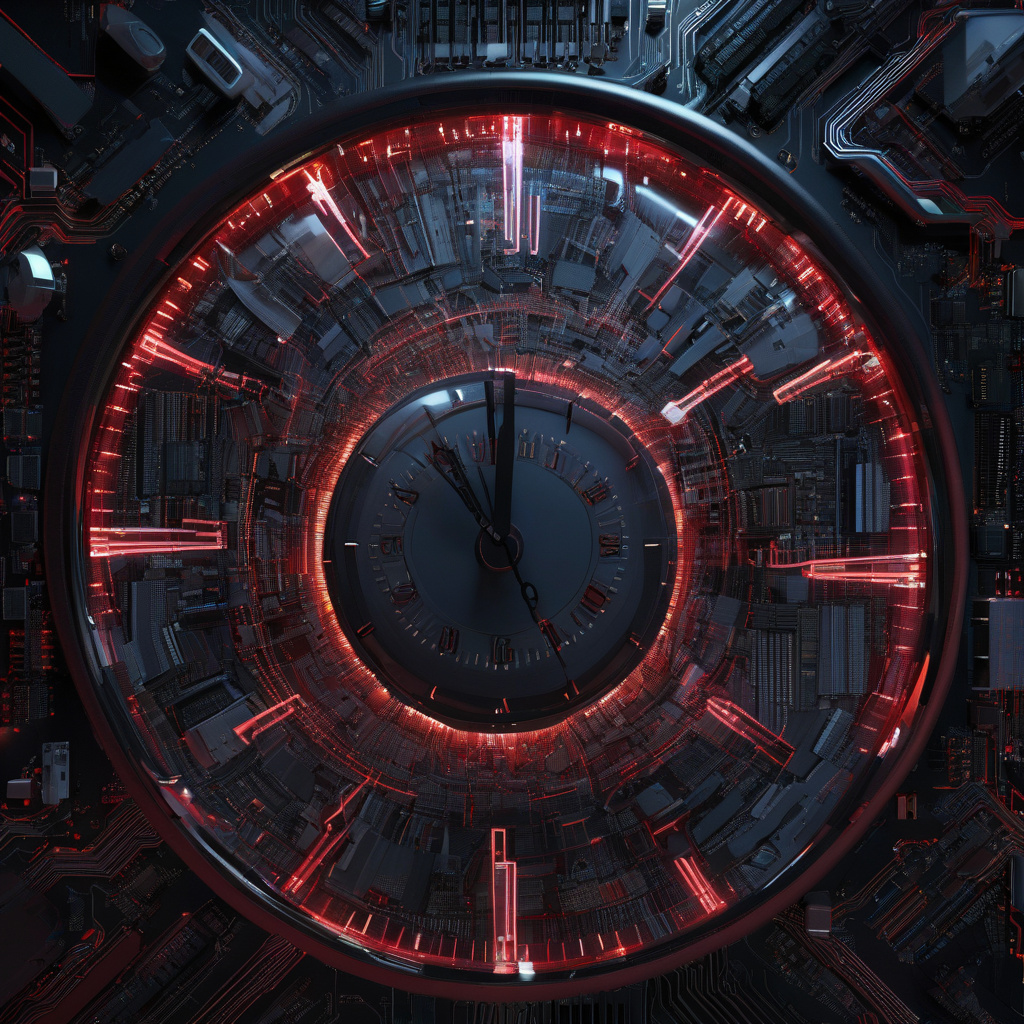In the ever-evolving landscape of cybersecurity, understanding the effectiveness of hashing algorithms in safeguarding sensitive data is paramount. Hashing, the process of converting plain text passwords into a scrambled format, plays a crucial role in securing user accounts against unauthorized access. However, as hackers become increasingly sophisticated in their techniques, the question arises: How long does it take for hackers to crack modern hashing algorithms?
Modern hashing algorithms, such as SHA-256 and bcrypt, are designed to withstand brute force attacks by converting passwords into unique hash values. These algorithms are specifically engineered to be computationally intensive, making it time-consuming and resource-intensive for hackers to decipher the original password from the hash. For instance, bcrypt incorporates a cost factor that can be adjusted to increase the computational effort required to hash a password, thereby enhancing its resistance to cracking.
The time it takes for hackers to crack a hashed password depends on several factors, including the complexity of the password, the strength of the hashing algorithm, and the computing power available to the attacker. In the case of a weak password hashed using a simple algorithm, such as MD5, hackers can utilize precomputed rainbow tables to quickly reverse engineer the password. However, with modern hashing algorithms like bcrypt, cracking a strong password can take an exorbitant amount of time and computational resources.
To put this into perspective, let’s consider a scenario where a hacker attempts to crack a hashed password using a powerful GPU cluster. Even with substantial computing power at their disposal, the sheer computational complexity of modern hashing algorithms can significantly prolong the cracking process. In fact, it might take weeks, months, or even years to successfully crack a single hashed password, especially if it is sufficiently long and complex.
Furthermore, the emergence of specialized hardware, such as ASICs (Application-Specific Integrated Circuits) designed for cryptographic operations, has further raised the bar for hackers attempting to crack hashed passwords. These dedicated hardware solutions are optimized for executing hashing algorithms efficiently, making it even more challenging for attackers to compromise hashed passwords.
In conclusion, while passwords remain the frontline defense for securing user accounts, hashing algorithms serve as the crucial barrier that protects sensitive information from unauthorized access. Modern hashing algorithms, with their emphasis on computational complexity and resistance to brute force attacks, have significantly raised the bar for hackers attempting to crack hashed passwords. By implementing robust hashing algorithms like bcrypt and adhering to best practices for password security, organizations can bolster their defenses against malicious actors seeking to exploit vulnerabilities in their systems.

